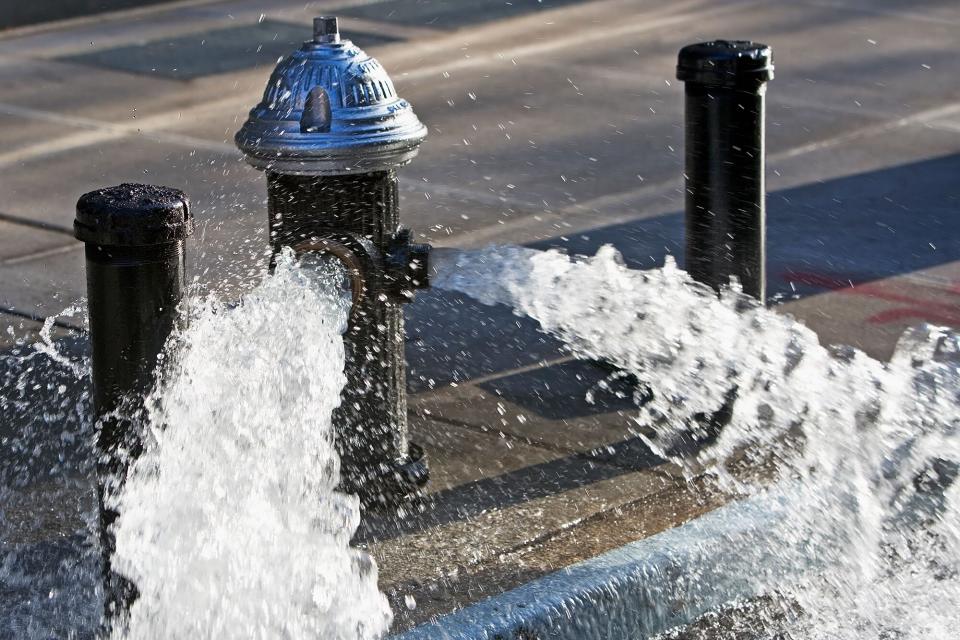Billions of Gallons of Water Are Being Stolen in California
It sounds like the plot of a post-apocalyptic movie: Water thieves roaming scorched terrain in search of nature's most precious resource. But in California, water theft is a massive reality with numbers that are hard to comprehend — and as droughts increasingly afflict the state, so does the extent of this illegal activity.
Over 12 billion gallons of water have likely been stolen in California since 2013, John Nores — the former head of the California Department of Fish and Wildlife Marijuana Enforcement Team — recently told CNN. Nores dealt with the issue firsthand since officials believe much of the water is stolen to support illegal cannabis growing operations.

Getty Images
"Most Californians would be shocked and disappointed at the amount of water these unlicensed, illegal grows are using, especially as California suffers from a drought," Curt Fallin, a federal Drug Enforcement Agency agent, said according to the Desert Sun. "By our calculation, the illegal grows in Los Angeles, Riverside and San Bernardino counties require an astounding 5.4 million gallons of water a day, every day."
Regardless of the culprits, droughts exacerbate the problem — increasing theft while also negatively impacting people in legitimate need of water. "Water stealing has never been more severe," Nores was quoted as saying. Already this year, the state has reportedly received 125 complaints of water theft, double the number from a decade ago — and this despite water issues usually being handled on a local level.
"Any way that you can imagine that somebody is going to grab water, they're doing it," Mendocino County Sheriff Matt Kendall told the Desert Sun. Filling trucks with water from rivers and lakes? Check. Creating illegal dam systems to divert water to new reservoirs? Check. Swiping water from homes and businesses and wells? Check. Even tapping directly into water mains is apparently not off limits.
And of course, fire hydrants are a target. In part of the Antelope Valley, officials reportedly removed 100 of the area's existing 176 hydrants, leaving only the ones that were deemed essential — and then putting locks on them. That was after thieves took so much water it nearly crashed the entire water system for hundreds of homes.
"What we are recognizing is that water scarcity is the new norm," Yvonne West, director of enforcement for California's Water Resources Board, was quoted as saying. "It's offensive to see water go to support this illegal industry when legal industries are struggling for water."

